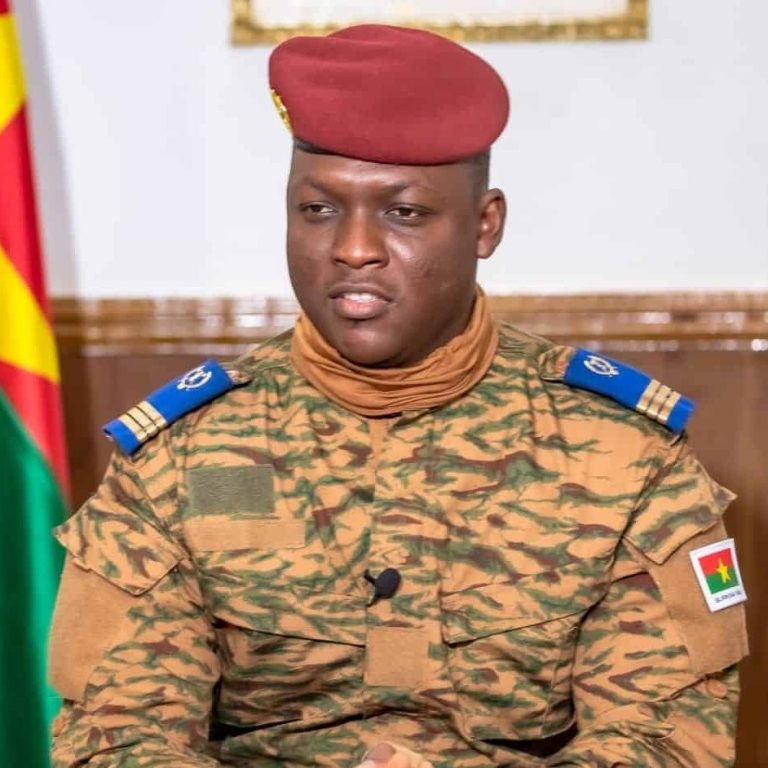President Ibrahim Traoré of Burkina Faso has announced that all childbirth services in the country will now be completely free. The decision, which takes effect immediately, is part of a larger national effort to make sure no mother or child is left behind when it comes to healthcare.
For many women, especially those in rural areas, giving birth has long been a dangerous and expensive journey. According to the World Health Organization, Burkina Faso sees about 320 maternal deaths for every 100,000 live births — far higher than the global average. For children, the statistics are just as concerning, with 81 out of every 1,000 children dying before their fifth birthday.
That’s why this policy is such a big deal.
ALSO READ Young, bold, and unapologetic: How President Traoré is redefining leadership in Burkina Faso
Speaking to the nation, President Traoré said, “No woman should lose her life simply because she cannot afford to have her baby in a safe environment.” His message was clear: health is a right, not a luxury.
The government’s new plan doesn’t stop at just covering delivery costs. It also aims to improve care before and after birth, hire and train more doctors and nurses, and build better-equipped health centers — especially in the places that need them most.
Healthcare workers, many of whom have seen too many preventable deaths, are calling the decision a turning point. Dr. Aminata Ouédraogo, a midwife in Ouagadougou, said, “Too often, we see mothers waiting too long to come to the hospital because they’re worried about money. This will change lives.”
International partners are also cheering the decision. UNICEF praised the government for putting women and children at the heart of public health, calling it a “smart and compassionate” move.
Of course, challenges lie ahead — like making sure hospitals are ready for a likely increase in patients and ensuring that funding keeps flowing. But many believe this is a bold step in the right direction.
For mothers-to-be across Burkina Faso, this is more than a policy change. It’s a promise — that bringing life into the world shouldn’t put their own lives at risk.


